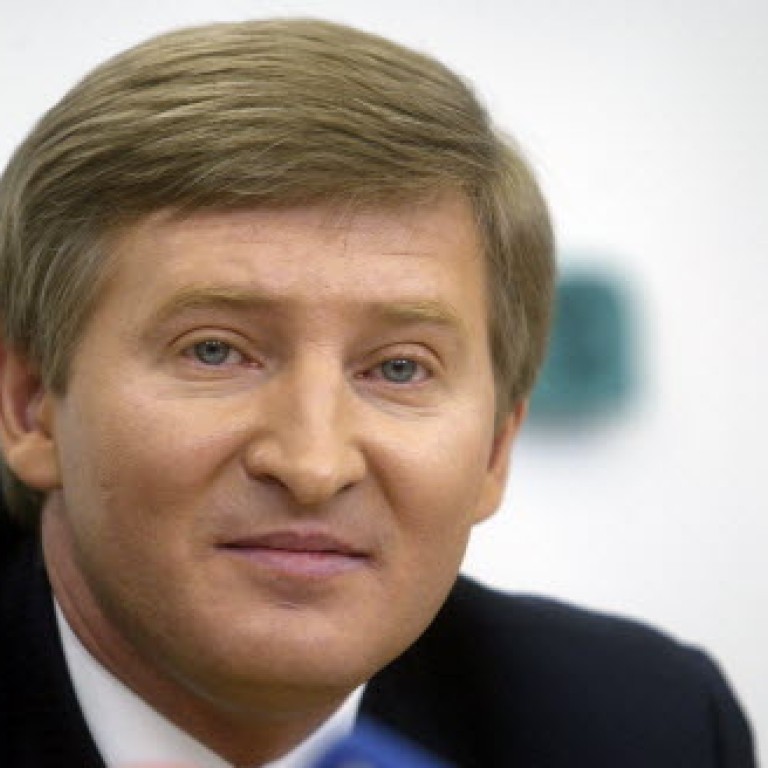
Ukraine's richest man Rinat Akhmetov and his 300,000 workers in east put money before politics
Industrialist worries continued unrest will make Ukraine’s already dire economy worse
In the rumbling debate over the future of eastern Ukraine, where attacks blamed on pro-Russian separatists have turned increasingly bloody, neither the country's richest man nor some of his dirt-poor compatriots have much time for patriotism, ethnic feuding or political parties.

It is also the main concern of most of the people he employs - and that sentiment may turn into a force of unity as Ukraine votes in presidential elections today.
"You cannot feed people on guns," Akhmetov said in a televised statement a few days ago, dismissing the gunmen as "savages" and calling for an end to the fighting. "Nor can you ever build a strong economy without good jobs and salaries.
"If some of you believe that [the separatists] are leading us to success. This is a mistake," he said. "They are leading to collapse, poverty and hunger."
The miners and steelworkers of eastern Ukraine have a long history of involvement in politics, including a series of strikes that helped hasten the fall of the Soviet Union.
This time their focus is economic: fearful of losing their jobs, most industrial workers in the region have steered well clear of politics, limiting support for the separatist movement.
Asked on a recent day about this weekend's ballot, coal miner Olheg Krishtal wouldn't answer. "That's a question for the politicians," he said, arriving at his shift at a Donetsk mine. "We will deal with industry, and the politicians will do the politics." The miners "want to get home, alive and healthy", he said. "We don't need guns in the street."
Clearly worried about his own empire if the unrest continues, Akhmetov's dominance in the region appears to have helped keep large numbers of blue-collar workers from turning to the separatist movement.
A little over a week ago, workers from Akhmetov's steel factories, working with police, took government buildings away from insurgents in Mariupol, an industrial port city on the Sea of Azov, dealing a serious blow to the anti-Kiev forces that allegedly want to merge this part of Ukraine with Russia. Every day, workers at his factories are called together for pro-unity rallies.
The message at the rallies is straightforward. "If we support the [separatist] Donetsk Republic, no one will recognise us. We'll be in a grey zone. No one will send us raw materials. We'll have no one to export to," Yuri Zinchenko, who runs a Mariupol steel factory in Akhmetov's empire, told workers last week.
